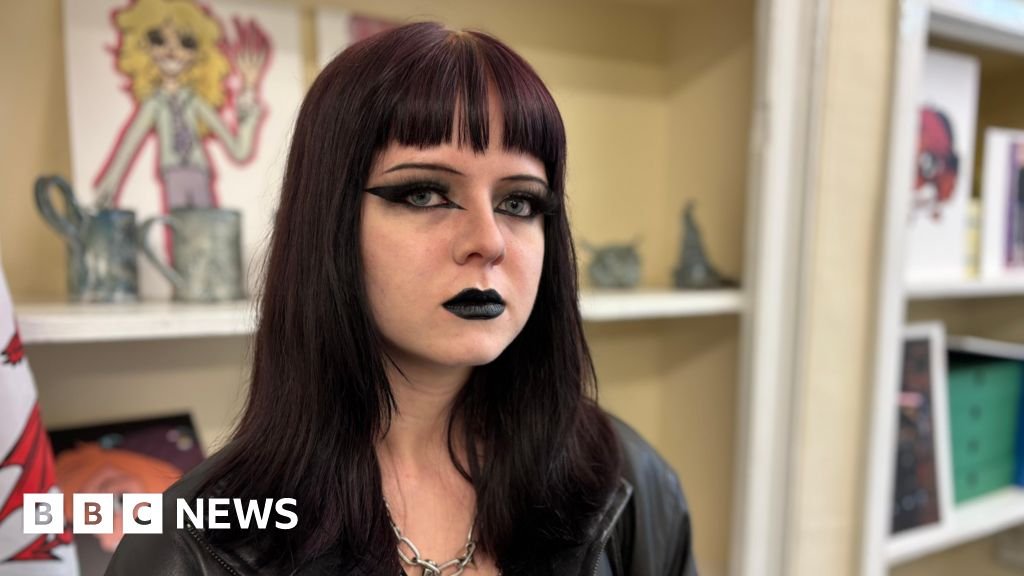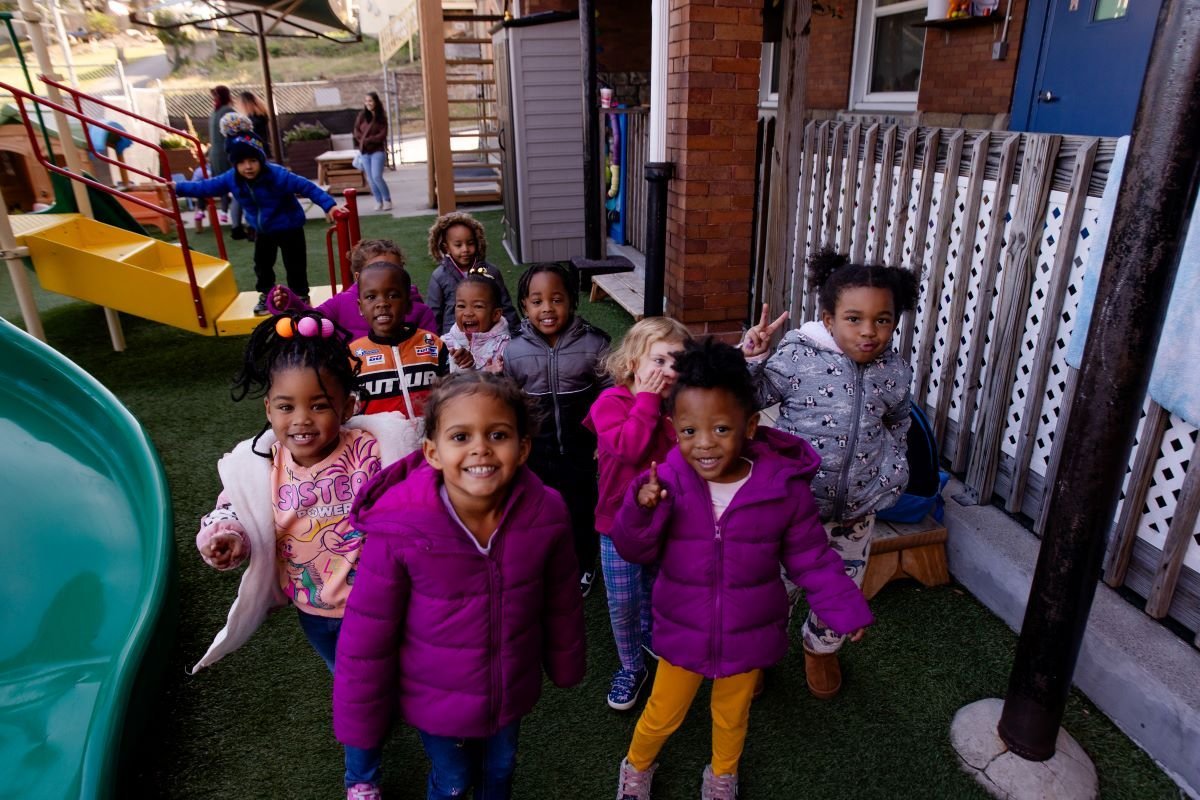A new mobile app designed to help teenagers cope with anxiety is being trialed in Cardiff and Swansea. This app utilizes augmented reality (AR) technology as a form of digital therapy, aiming to assist young people who struggle with anxiety and social isolation, particularly those who have difficulties attending school.
The Cardiff Youth Service, part of the local education department, has played a key role in the development and testing of this app. Initial results from the trials indicate positive outcomes, including increased social connection among users and a decrease in anxiety levels.
Angela McMillan, a counselor who contributed to the app’s development, explained that the concept originated from discussions with young people in South Wales. Many of these individuals faced challenges in attending school due to anxiety and feelings of isolation. “I’m really curious as to how we can use technology for good,” McMillan stated, emphasizing the importance of fostering connections rather than isolating individuals.
The app allows users to engage in a creative process where they can design a flower and select its growth conditions, superimposing these digital images onto their real-world environments. During initial testing, participants reported using the app to explore their feelings in a less personal, more external manner. One participant, 16-year-old Lili, noted that the app helped her to assess her emotions from an outside perspective, making it easier to discuss her feelings with a counselor. “It could serve as an ice-breaker for those who find it difficult to speak openly,” she added.
Fifteen-year-old Jonas shared his experience, mentioning how the app encouraged him to reflect on his daily experiences as he interacted with the design elements. “It’s creative, and I’ve never seen something like this before,” he said, highlighting the unique approach of the app.
This innovative tool is particularly aimed at neurodivergent individuals, helping them to articulate their feelings through visual means. McMillan reported that early trials showed a significant increase in social interaction among participants, suggesting that the app may contribute to a sense of belonging, which is essential for overall well-being.
The Children’s Commissioner for Wales, Rocio Cifuentes, pointed out that school attendance remains a critical issue, with the number of children missing over 10% of their schooling having doubled since the pandemic began. Emotional health and anxiety about school are major contributing factors to this trend. Cifuentes stated, “Any evidence-based intervention that shows effectiveness should be considered, especially if it resonates with young people.”
Cardiff council emphasized the importance of youth input in the app’s development, ensuring it reflects the preferences and needs of the young users. As the pilot programs expand into schools in Swansea and Cardiff, the hope is that this AR app will not only assist in managing anxiety but also encourage more students to engage with their education in diverse ways.
The use of AR technology signals a shift in how mental health interventions are approached, particularly for younger populations who might benefit from innovative, interactive experiences. As schools adapt to these new tools, the focus remains on creating supportive environments that prioritize emotional health and academic engagement.



